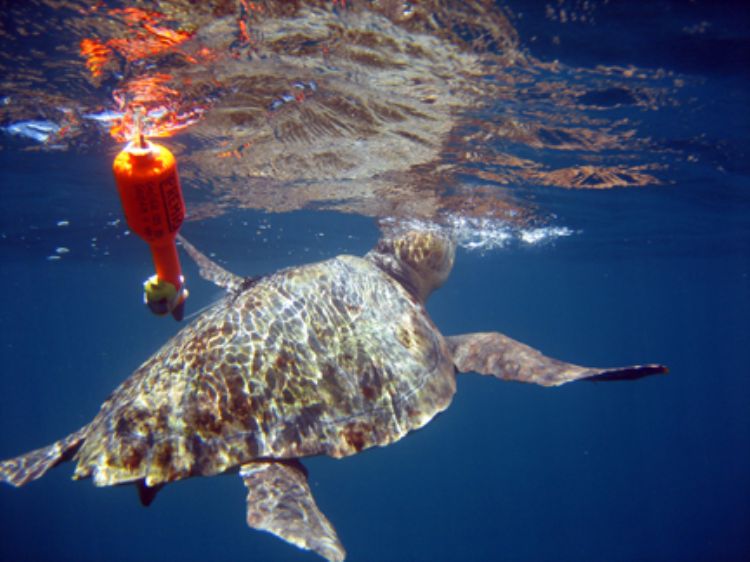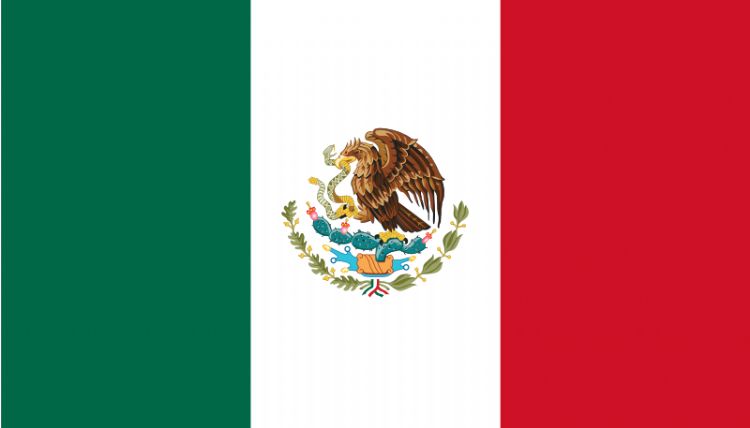Illegal commercial fishing in Mexico

One of the most serious environmental problems Mexico faces is the current threat to the oceanâs animal population. Oceans deserve special attention since they are home of the majority of species, they account for 70% of Earthâs surface and are of vital importance for food production. The main threats for marine species are: pollution, global warming and careless fishing (exploitation and inappropriate fishing methods) as well as illegal for-profit fishing.
One fishing issue worth noting is that production is declining for the same reasons mentioned above. This is compounded by inadequate monitoring of fishing rules and to some extent, by authoritiesâ neglect.
The organization responsible for regulating and monitoring fishing activities in Mexico is the Ministry of Agriculture, Livestock, Rural Development, Fisheries and Food (SAGARPA) which has the support of the Ministry of Environment and Natural Resources, Mexicoâs Navy (to protect coasts), the CONAPESCA and the local Fisheries Secretariats (including the states that arenât in the coastal regions, but have fish-producing lakes or rivers).
According to studies from various sources (FAO, Newspaper articles, Greenpeace) these institutions perform a good job but are unable to fully enforce the fishing codes. The so-called illegal, unreported and unregulated (INDNR) fishing is a thriving million-dollar business. Itâs estimated that legal production volumes (about 1,600,000 metric tons per year) are 40% less than the illegal production. These figures are only rough estimates, since there is always the unknown and the unreported figures.
The main targets of poachers are edible species. The list is headed by shrimp, followed by tuna and a host of species including sardine, shark, oysters, tilapia, crab, mullet and grouper. Illegal fishing takes various forms: Out of season fishing, using unapproved methods and tools, fishing over the established quotes and unregistered fishing among others; those practices are always accompanied by false statements about the captured species, their weight, and other key data.
As noted earlier, government agencies have been unable to stop these practices and have even been accused of ignoring and protecting illegal fishing in some areas. To cite a few examples we can mention Sinaloa, where fishermen have asked for years the arrest of shrimp poachers, or Veracruz, where fishermen often hunt for the manjúa fish eggs, which if allowed to grow out, could have fed hundreds of people. (A manjúa pie contains up to 500 eggs). Quintana Roo is another place where the sea cucumber is being horribly exploited.
However, INDNR fishing is not unique to these states, but extends throughout the country. In Yucatan, for example, arrests have risen to about one non-registered fishing vessel per month. Baja California Sur on the other hand, has struggled to regulate fishing, to the extent that it has become a federal felony to take part in illegal fishing. The examples go on and on.
However, those cases are nothing compared to the crimes committed by large corporations. The National Chamber of Fisheries and Aquaculture has made public allegations that there are corporations, both domestic and foreign, that own large fleets and continue to fish in times of closure and / or exceed the limits allowed by law. Although they are monitored by Mexicoâs Navy, they are not stopped. Government agencies claim that the problem is caused by lack of resources to keep constant surveillance as well as that of late-times "fish thieves" responding more aggressively, carrying Molotov cocktails, weapons and firearms.
Likewise, the methods used by various Ministries to manage fisheries problems are (according to some experts) misguided, since what has been done recently is reducing the allowed limits, and toughening current regulations to legal fishermen. FAO in one of its reports states that INDNR fishing is increasing due to these tighter limits; however (in the case of our country) it is increasing due to economical crisis, since people go out for food in the sea, since they find it for "free."
I must reiterate that authorities are doing their part, however the problem is of a big nature. One noteworthy result is the lifting of the shrimp embargo that the United States declared regarding the marine turtle protection. All of us can contribute to reduce the problem. Illegal fishing would be meaningless if we stop buying illegal goods (from the "minor" offenders) and continue to press authorities into taking action against major traffickers. Let us stand up against this illegal practice whenever we can!
Article produced by the Editorial Team of "Explorando Mexico".
Copyright Explorando México, All rights reserved.
Photo: NuestroMar.org






